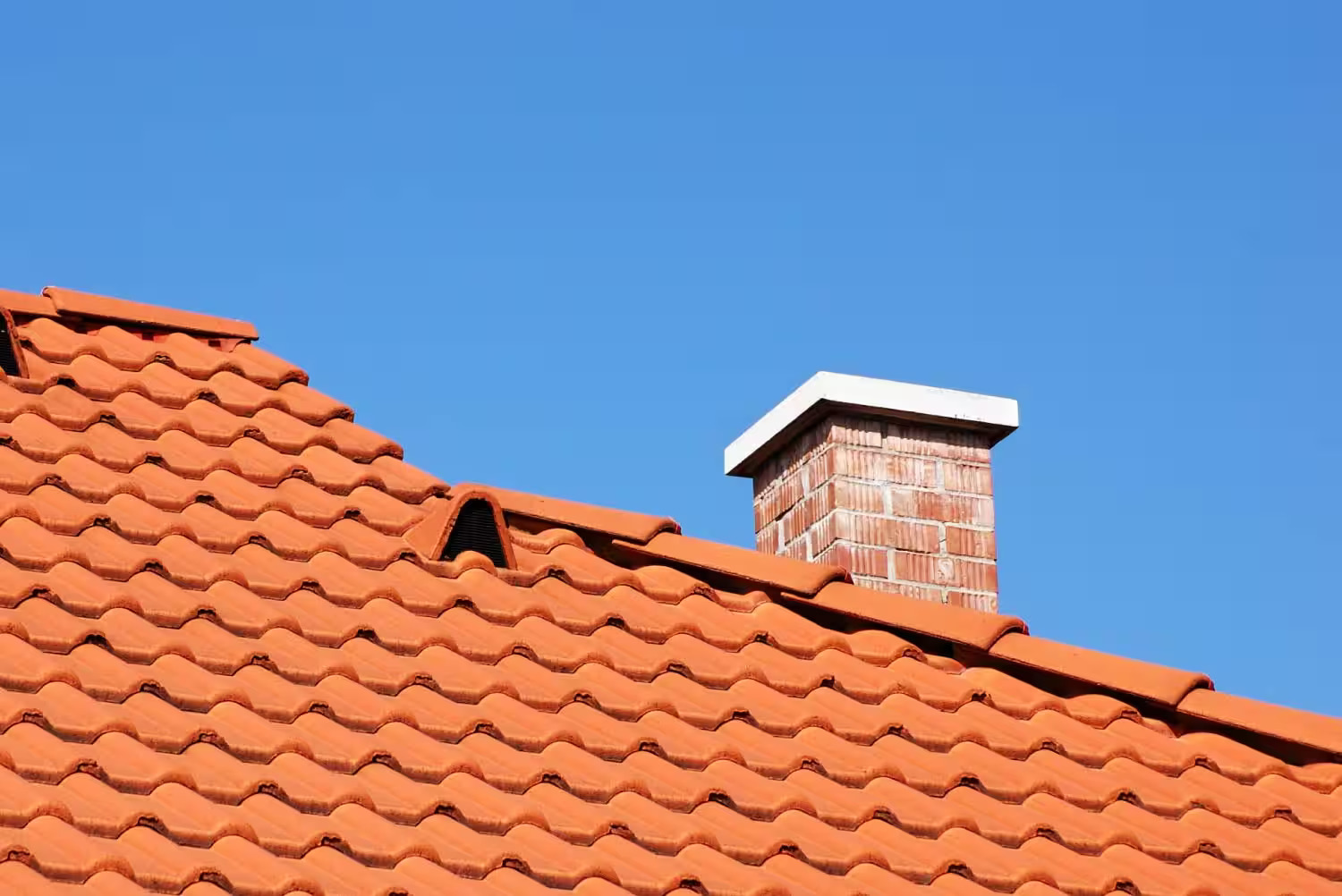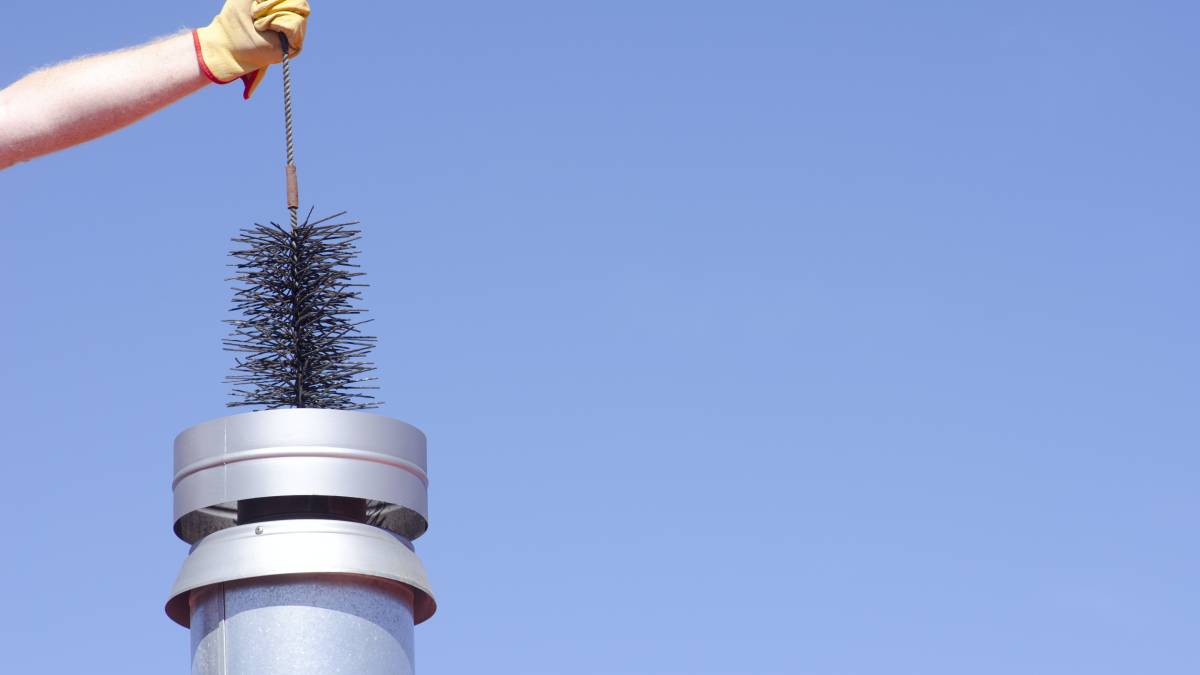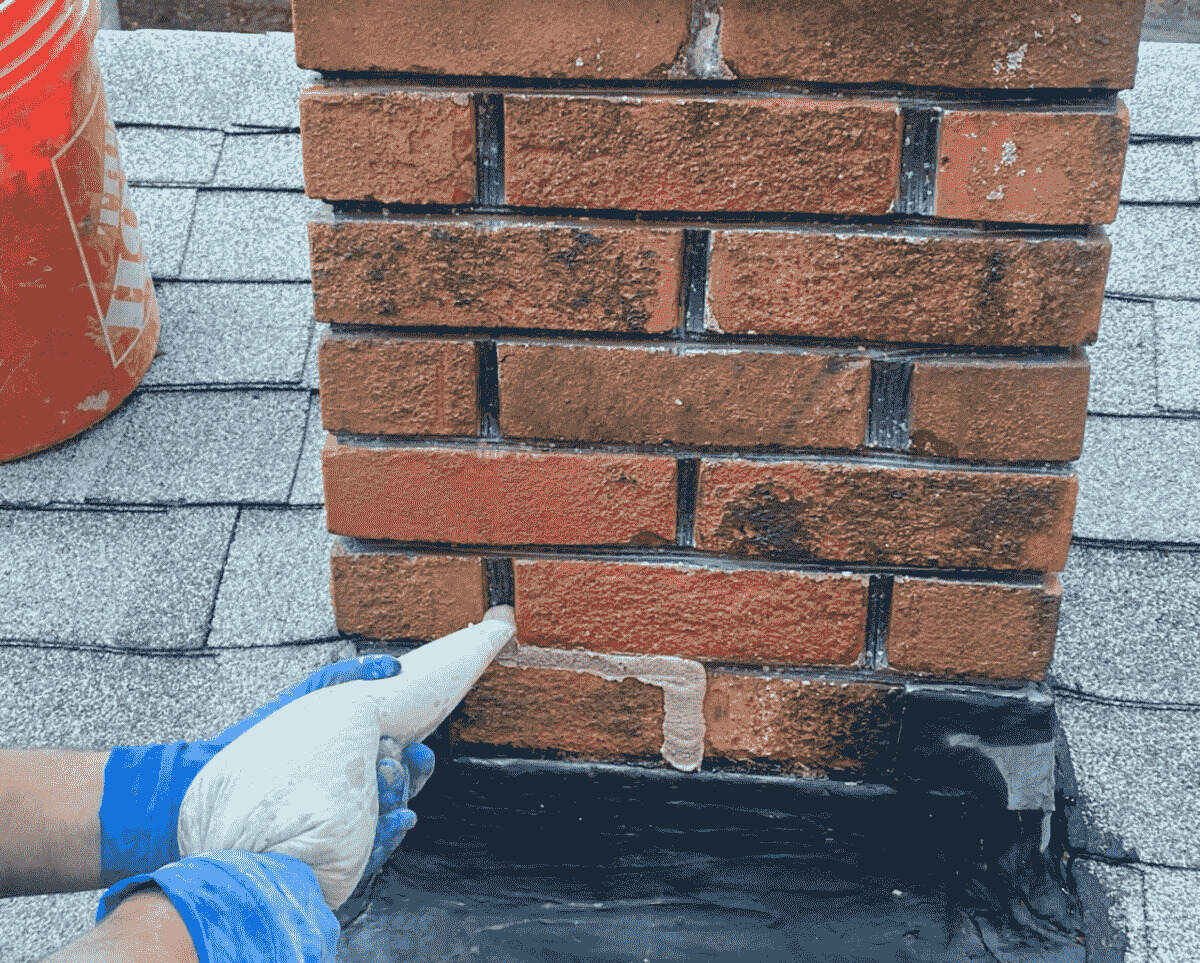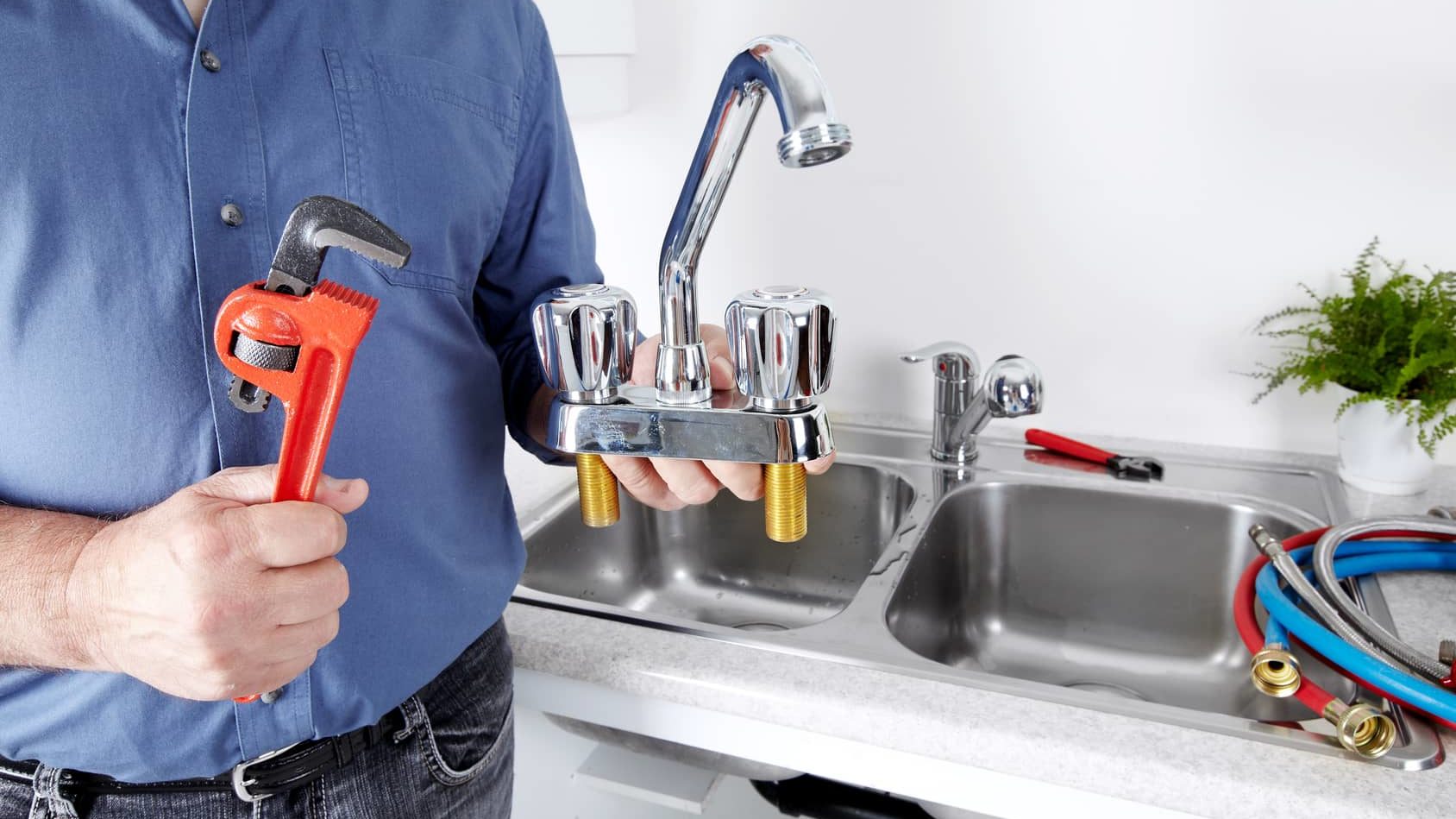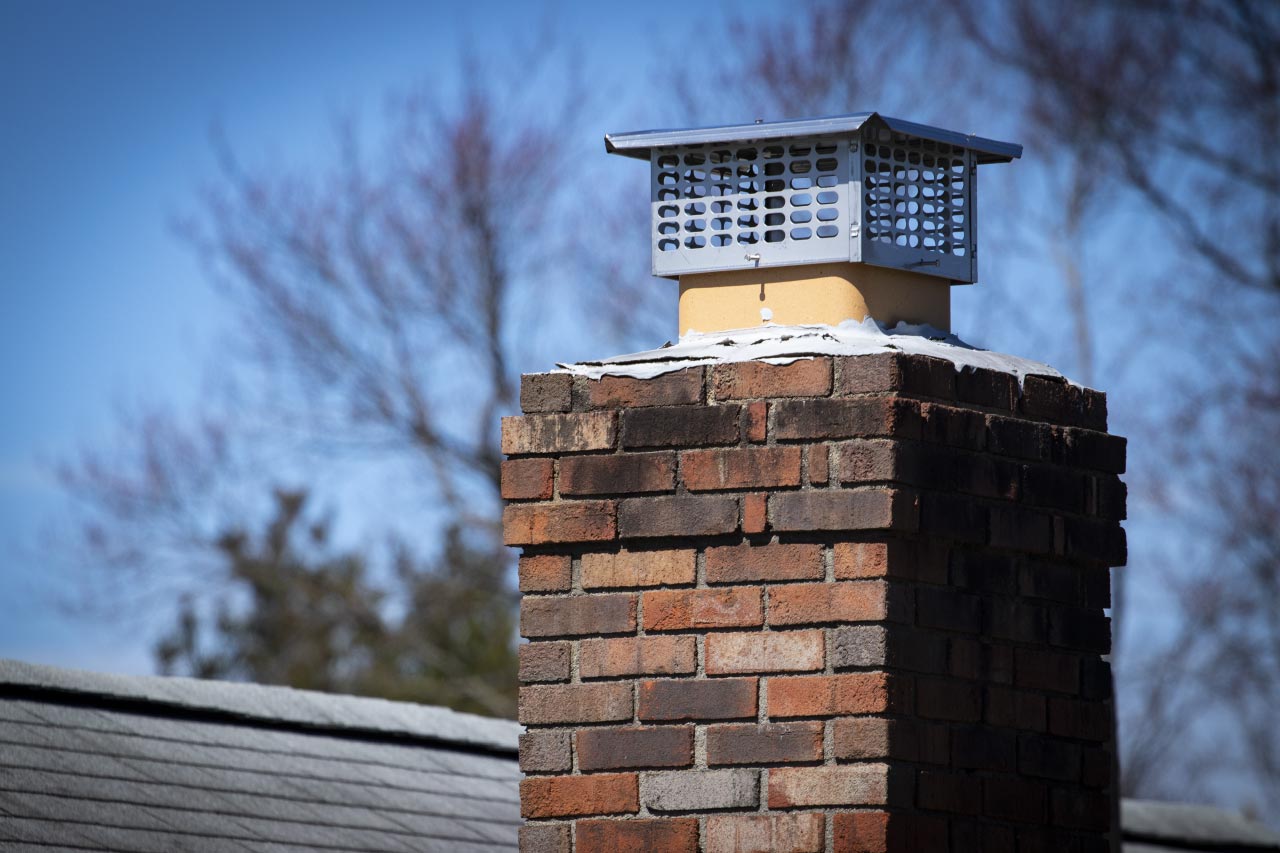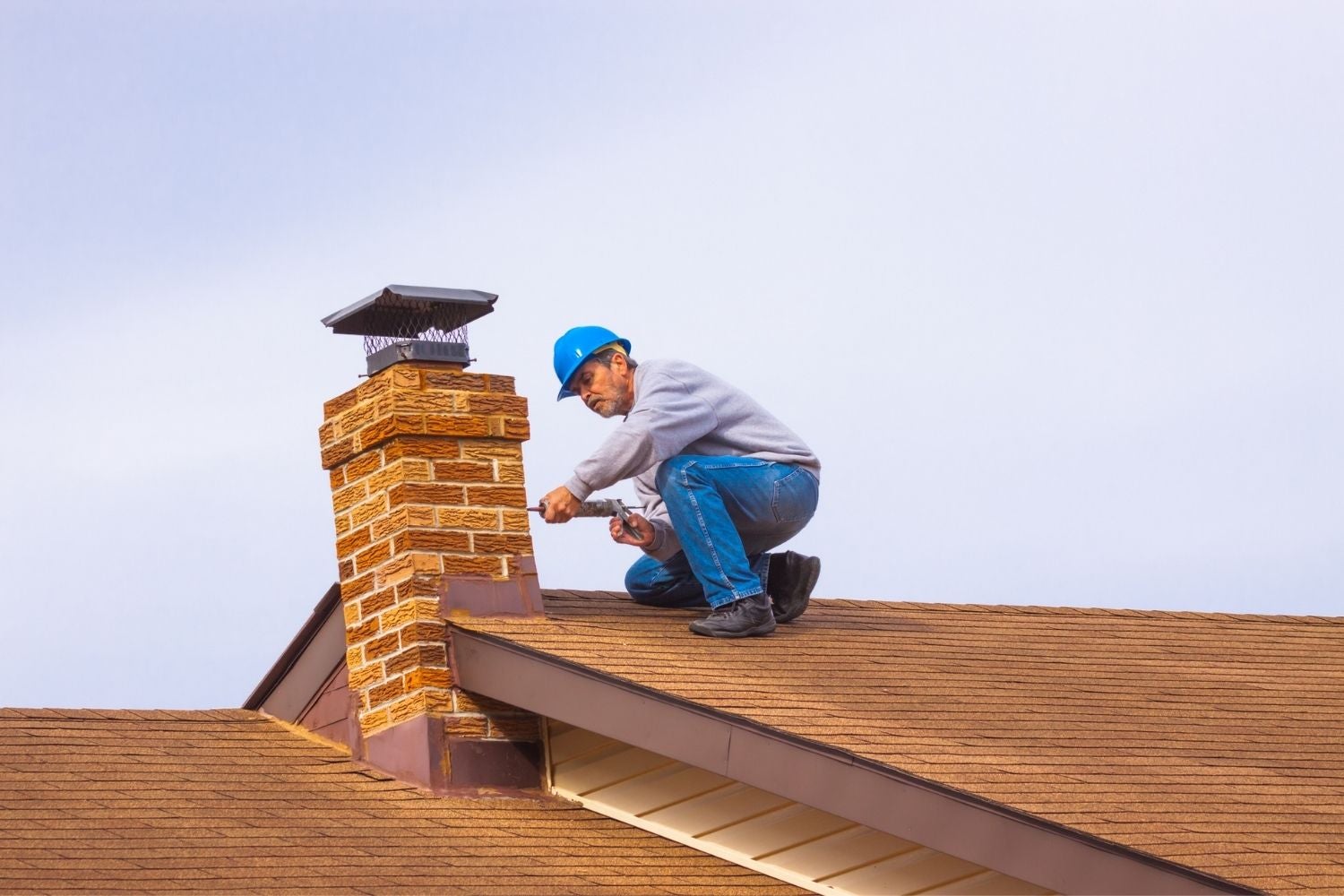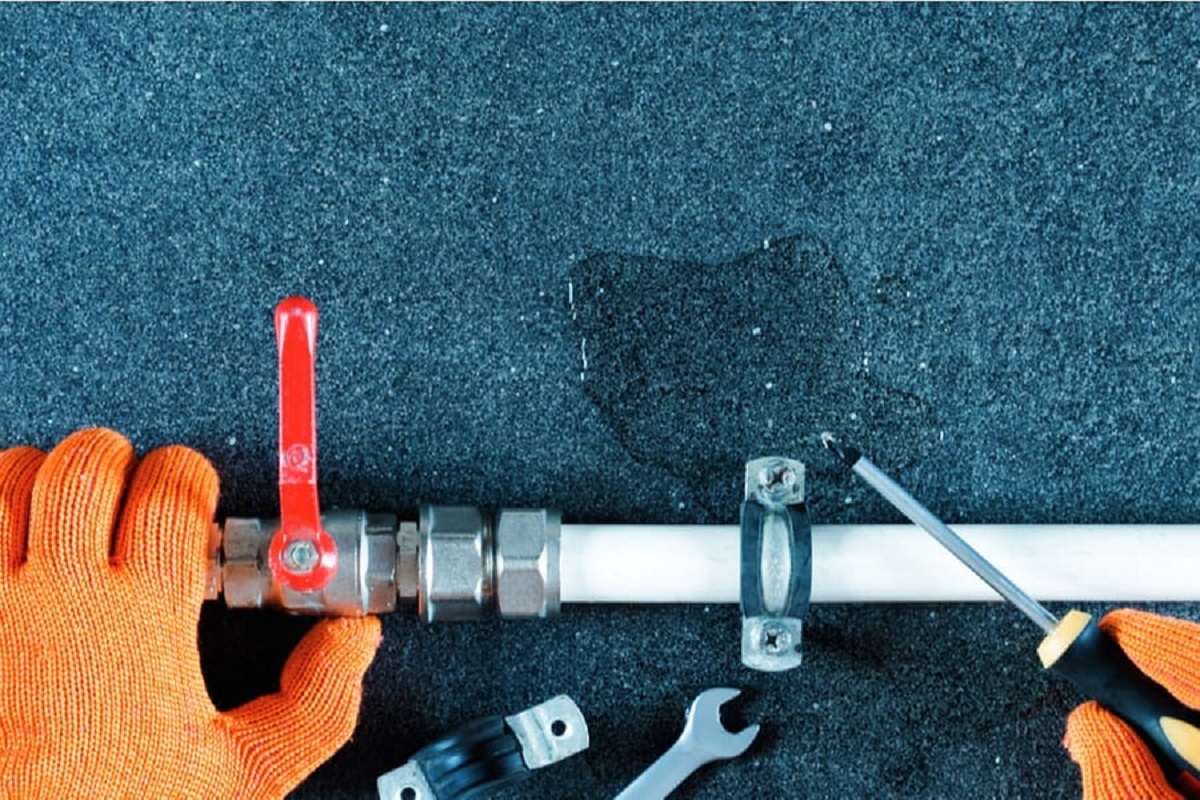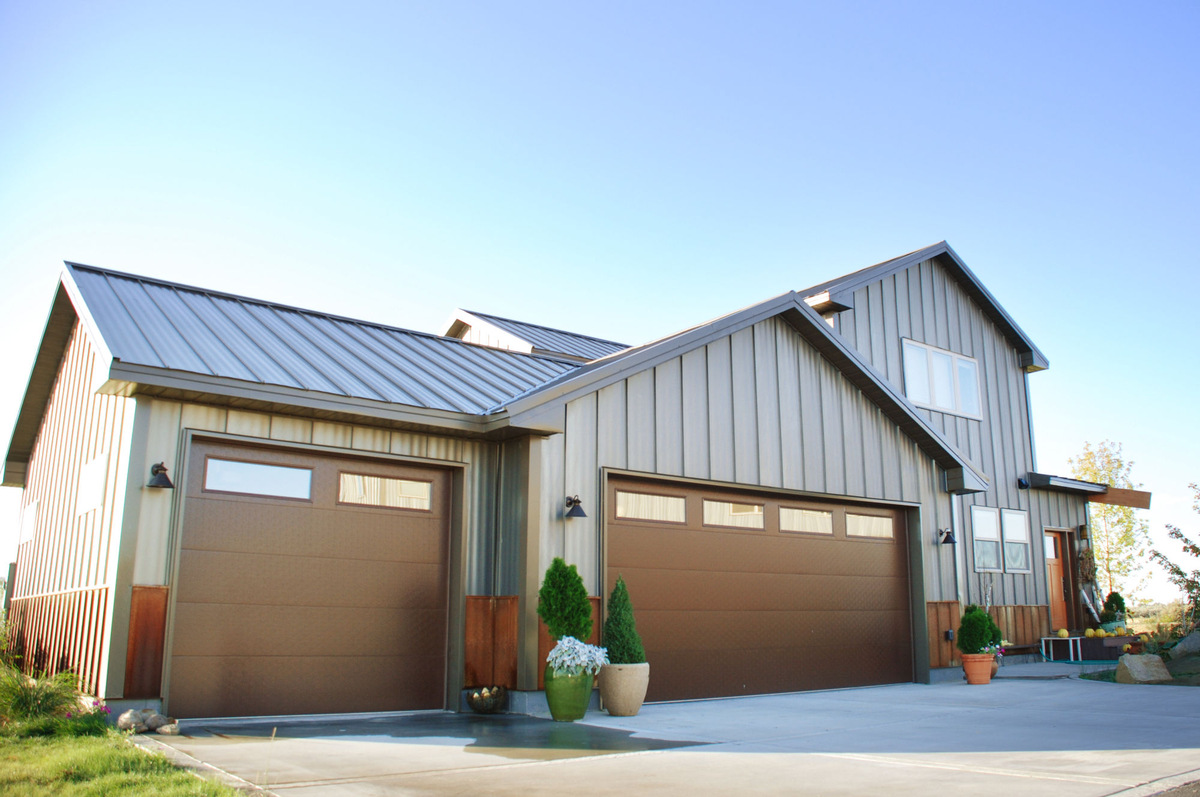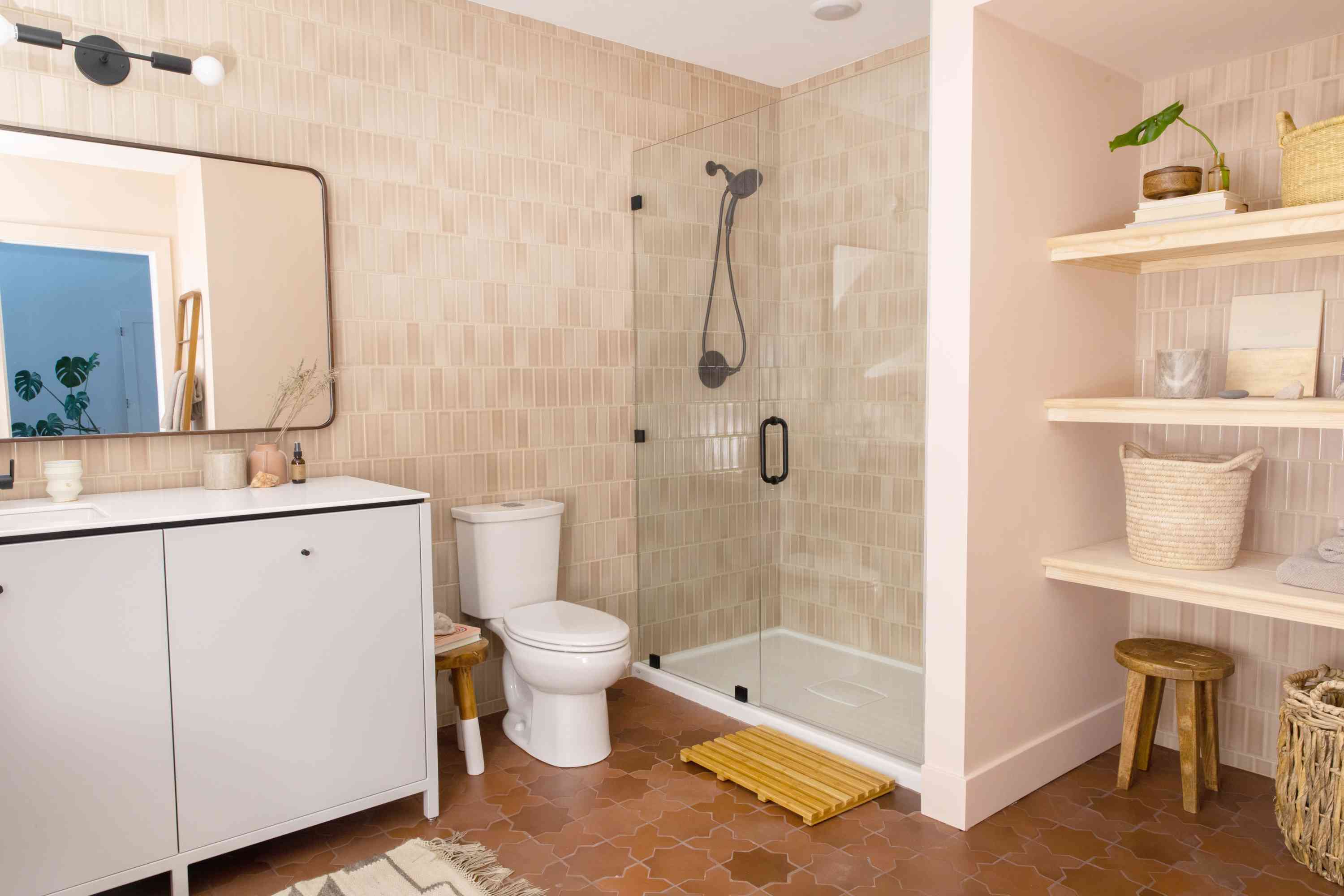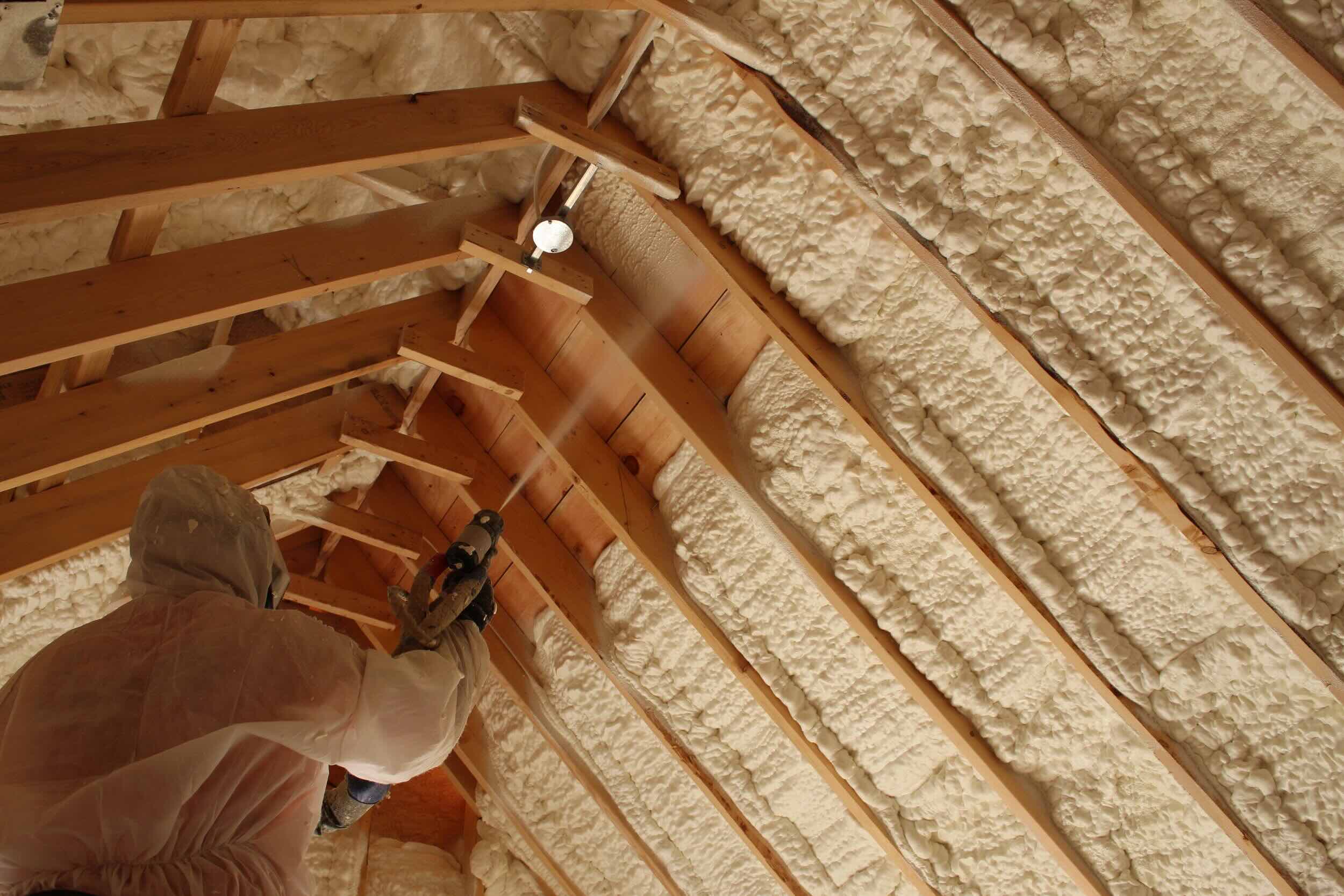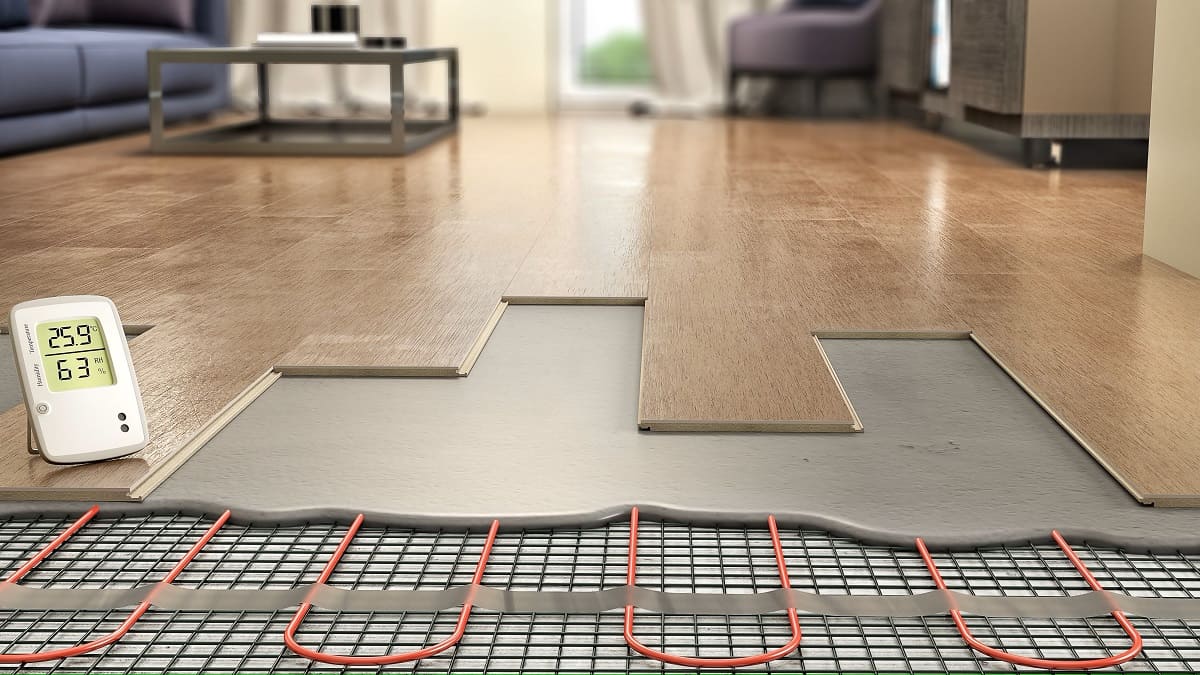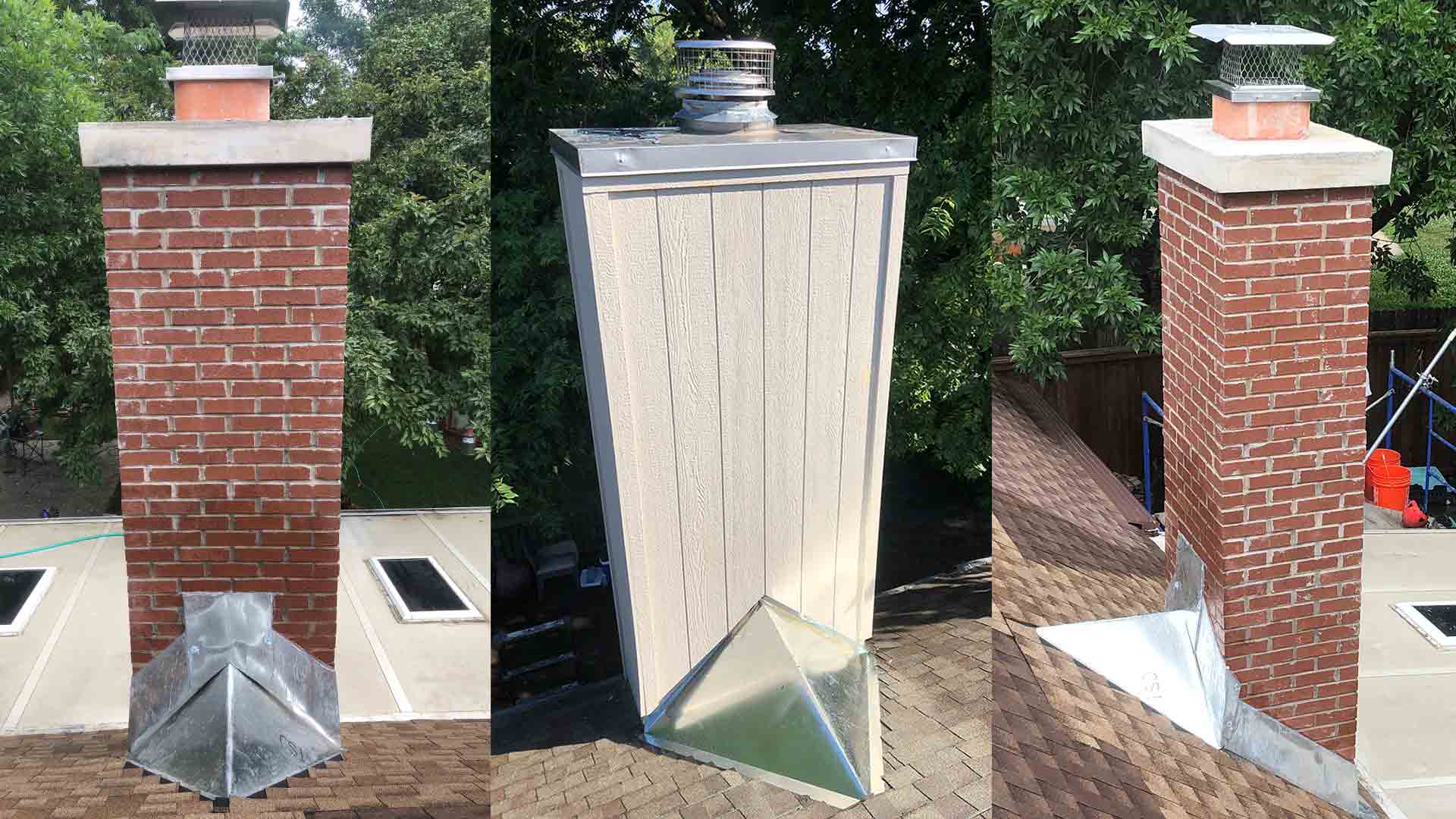Home>Home Maintenance>How Much Does Brake Line Repair Cost
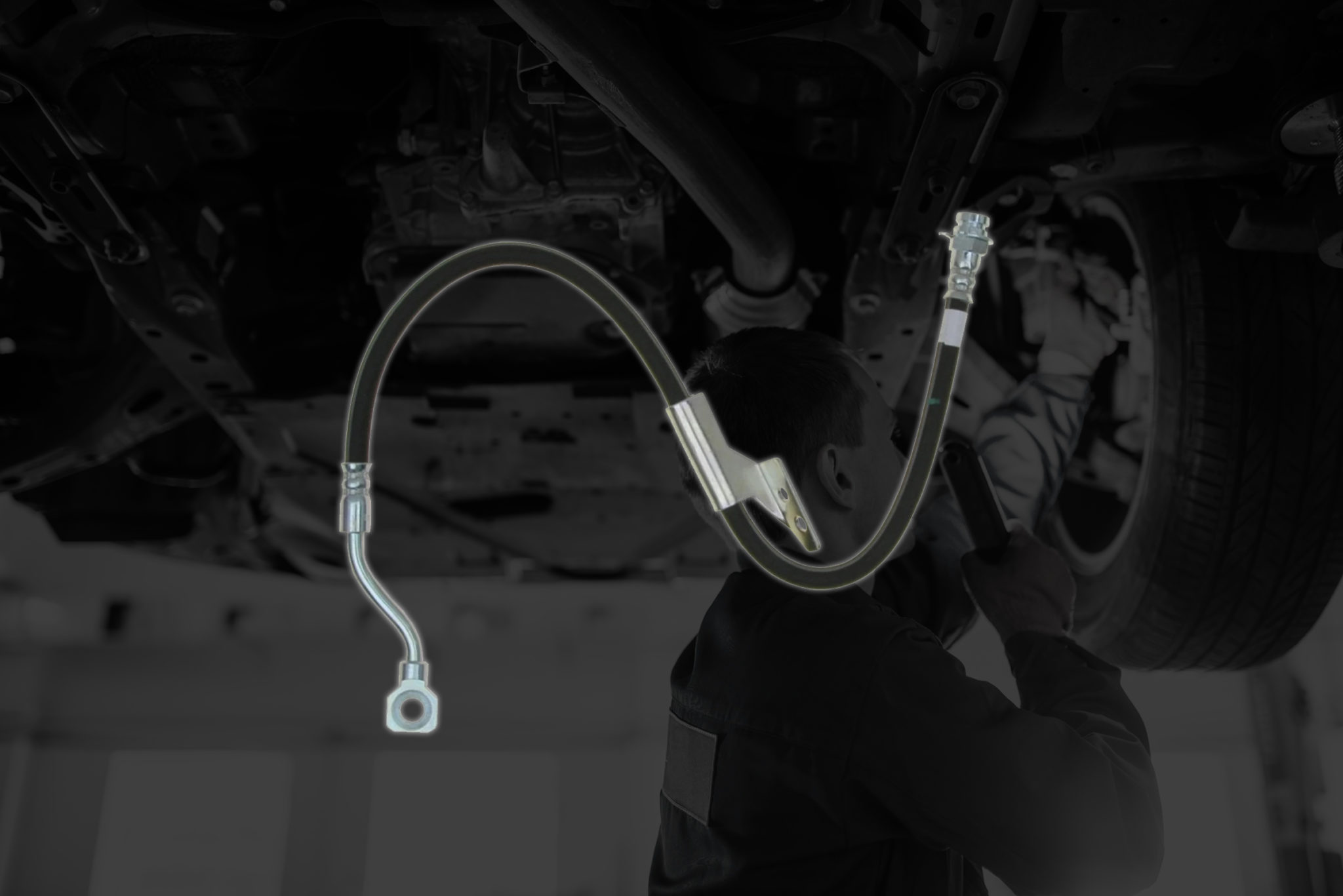

Home Maintenance
How Much Does Brake Line Repair Cost
Modified: March 6, 2024
Find out the average cost of brake line repair for your home maintenance needs. Get expert tips and advice on brake line repairs and save money today.
(Many of the links in this article redirect to a specific reviewed product. Your purchase of these products through affiliate links helps to generate commission for Storables.com, at no extra cost. Learn more)
Introduction
Welcome to our comprehensive guide on brake line repair costs. Whether you’re a DIY enthusiast or seeking the services of a professional, understanding the factors that affect brake line repair costs can help you make informed decisions and save money. A vehicle’s brake system is crucial for safe and efficient operation, and a damaged brake line can compromise your ability to stop effectively.
In this article, we will explore the various factors that can influence the cost of brake line repairs, discuss common brake line repair services, and provide an average cost range. We will also compare the pros and cons of DIY versus professional brake line repairs and share tips on how to save money in the process.
Before we dive into the specific costs, it’s important to note that brake line repairs can vary in complexity and severity. Factors such as the type of vehicle, the extent of the damage, and the location of the repair can all impact the overall cost. Therefore, it’s always recommended to consult with a professional mechanic or brake technician for an accurate assessment and estimate.
Key Takeaways:
- Brake line repair costs can range from $150 to $300 for minor repairs, but can exceed $400 for extensive damage. Factors like vehicle type and repair location can influence the overall cost.
- Consider DIY for simple brake line repairs to save on labor costs, but prioritize professional services for complex repairs. Get multiple quotes and explore used or refurbished parts to save money.
Read more: How Much Does Brake Repair Cost
Factors Affecting Brake Line Repair Cost
Several factors can influence the cost of brake line repair. Understanding these factors can help you estimate the potential expenses and plan accordingly. Here are the key factors that can affect brake line repair costs:
- Extent of Damage: The severity of the damage to the brake line plays a significant role in determining the repair cost. Minor issues such as small leaks or corrosion patches may only require a simple patch or replacement of a small section of the line. On the other hand, extensive damage that involves the replacement of a significant portion or the entire brake line system can be more expensive.
- Location of the Repair: The location at which the repair is carried out can impact the cost. Repairs done at a dealership or specialized brake repair shop may be more costly compared to independent repair shops. Larger cities or areas with higher living costs also tend to have higher labor rates, which can affect the overall repair cost.
- Vehicle Make and Model: The make and model of your vehicle can also affect the repair cost. Some vehicles may have brake line systems that are more intricate or require specialized parts, which can increase the overall expense. It’s important to consider this factor while estimating repair costs.
- Brake Line Material: Brake lines can be made of different materials, such as steel, rubber, or stainless steel. The choice of material can impact the cost of repairs. Steel lines tend to be more affordable, while stainless steel lines are more durable and expensive. Rubber lines are the most affordable but are generally used in older vehicles.
- Additional Repairs: Sometimes, brake line issues can be symptomatic of underlying problems in the brake system. If other components such as brake calipers, brake hoses, or brake pads require repair or replacement, these additional repairs can contribute to the overall cost.
Keep in mind that these factors are not exhaustive, and there may be other elements that can affect brake line repair costs. It’s essential to consult with a professional mechanic to get an accurate assessment and estimate based on the specific details and condition of your vehicle’s brake line system.
Common Brake Line Repair Services
When it comes to brake line repair, there are several common services that may be required, depending on the condition of the brake system. Understanding these services can help you identify the necessary repairs and estimate the associated costs. Here are some of the most common brake line repair services:
- Brake Line Replacement: This service involves removing the damaged or corroded brake line and replacing it with a new one. It may require removing other components, such as brake calipers and brake hoses, to access the brake lines properly. Depending on the extent of the damage, either a section or the full brake line system may need to be replaced.
- Brake Line Repair/Patch: In cases where the damage to the brake line is minor, a repair or patch may be possible. This involves fixing small leaks or corrosion spots without completely replacing the entire brake line. It’s important to note that this solution is only temporary and may not be suitable for severe damage or areas where safety is compromised.
- Brake Line Flushing: Over time, brake lines can accumulate debris, moisture, and air bubbles, leading to a decrease in braking performance. Brake line flushing involves purging the old brake fluid from the system and replacing it with fresh fluid. This service helps maintain optimal brake performance and ensures the integrity of the brake lines.
- Brake Line Bleeding: Brake line bleeding is a procedure performed to remove air bubbles from the brake line system. Air bubbles can cause spongy brakes or a loss of braking power. By bleeding the brake lines, the technician ensures that there is no air trapped in the system, resulting in improved brake response and safety.
- Brake Line Inspection: Regular brake line inspections are essential to identify any signs of damage or wear. During an inspection, a technician will visually assess the condition of the brake lines, checking for leaks, corrosion, or any other potential issues. This service helps detect problems early on and prevent more extensive and costly repairs down the line.
It’s important to note that the required brake line repair services will depend on the specific condition of your brake system. A professional mechanic will be able to diagnose any issues and recommend the appropriate repairs. It’s advisable to consult with a trusted technician whom you can rely on for accurate assessments and high-quality repairs.
Average Cost of Brake Line Repair
The cost of brake line repair can vary significantly depending on the factors mentioned earlier, such as the extent of the damage, location of the repair, vehicle make and model, brake line material, and additional repairs required. However, we can provide a general range to give you an idea of the average cost of brake line repair.
On average, the cost of brake line repair can range from $150 to $300 for minor repairs or patching a small section. If a significant portion of the brake line system needs to be replaced, the cost can rise to $400 or more.
Factors that may increase the cost include the labor rate of the repair shop, the complexity of the repair, and the cost of the brake line materials. Additionally, if other components, such as brake calipers or brake hoses, require repair or replacement, the overall cost will be higher.
It’s important to keep in mind that these cost estimates are just averages, and the actual cost can vary depending on your specific situation. Prices can also vary based on the geographical location and the expertise of the repair shop. To get an accurate estimate, it’s recommended to consult with a professional mechanic who can assess your specific brake line repair needs.
Remember, investing in high-quality brake line repair is crucial for your safety and the overall performance of your vehicle. It’s always wise to prioritize the reliability and expertise of the repair shop rather than solely focusing on the cost. Choosing a reputable and experienced technician will ensure that the repair is done effectively and promote long-term safety on the road.
DIY vs Professional Brake Line Repair
When it comes to brake line repair, you have the option to either tackle the project yourself or seek the services of a professional mechanic. Each approach has its pros and cons, and it’s important to evaluate your skills, knowledge, and resources before making a decision. Let’s explore the differences between DIY and professional brake line repair:
Read more: How Much Does Chimney Inspection Cost
DIY Brake Line Repair:
Doing the brake line repair yourself can be a cost-effective option, especially if you have experience working on vehicles and access to the necessary tools. Here are some advantages of DIY brake line repair:
- Cost Savings: By handling the repair yourself, you can save on the labor costs associated with professional services. Additionally, you have the flexibility to choose affordable brake line materials.
- Learning Experience: DIY brake line repair can be a valuable learning opportunity. You can gain a deeper understanding of your vehicle’s brake system and develop new skills in automotive repair and maintenance.
- Flexibility: DIY repairs allow you to work at your own pace and schedule. You have control over how the repair is performed and can ensure it meets your specific standards.
However, there are also downsides to DIY brake line repair:
- Complexity and Risk: Brake line repair involves working with potentially hazardous materials and critical components of your vehicle’s braking system. It requires a certain level of skill and knowledge to ensure safe and effective repairs.
- Time and Effort: Brake line repair can be a time-consuming task, especially for those without prior experience. It may require multiple attempts or trips to the auto parts store, extending the duration of the repair process.
- Limited Warranty: Unlike professional repairs, DIY fixes may not come with a warranty or guarantee. If the repair is not done correctly, you could face further issues down the line, leading to additional expenses.
Professional Brake Line Repair:
Opting for professional brake line repair ensures that trained and experienced technicians handle the job. Here are the advantages of professional brake line repair:
- Expertise and Skill: Professional mechanics have the knowledge, expertise, and specialized tools required to perform brake line repairs accurately and efficiently.
- Quality Assurance: Professional repairs often come with warranties or guarantees, giving you peace of mind in case any issues arise after the repair is completed.
- Time Savings: Professional repairs are typically done in a timely manner, minimizing the downtime of your vehicle.
However, professional brake line repair does come with some considerations:
- Higher Cost: Professional repairs can be more expensive than DIY, as they include labor costs and the use of higher-quality materials.
- Limited Control: With professional repairs, you may have limited control over the process and the choice of materials used. However, you can still communicate your preferences and concerns with the technician.
Ultimately, the decision between DIY and professional brake line repair depends on your comfort level, experience, and resources. If you’re confident in your abilities, have the necessary tools, and are willing to take on the challenge, DIY can be a viable option. However, if you’re unsure or prefer the expertise and convenience of professional services, it’s best to consult with a trusted mechanic for your brake line repair needs.
Brake line repair costs can vary depending on the extent of the damage and the type of vehicle. On average, expect to pay between $150 to $300 for brake line repair. Always get a few quotes from different mechanics to ensure you’re getting a fair price.
How to Save Money on Brake Line Repair
Brake line repairs can sometimes be costly, but there are several strategies you can employ to save money without compromising on the quality and safety of the repair. Here are some tips on how to save money on brake line repair:
- Get Multiple Quotes: Before committing to a particular repair shop, it’s advisable to get multiple quotes from different mechanics. This allows you to compare prices and find a competitive offer. However, it’s essential to consider the reputation and expertise of the repair shop along with the cost.
- Consider Used Parts: If your budget is tight, you can ask the mechanic if they have any reliable, used brake line components available for your vehicle. Used parts can be significantly cheaper than new ones, as long as they are in good condition and meet all safety requirements.
- Ask About Refurbished/Remanufactured Options: In some cases, refurbished or remanufactured brake line components can be a cost-effective alternative to brand new parts. These options often come with a warranty and can save you a significant amount of money without compromising on quality.
- Regular Maintenance: One of the best ways to avoid costly brake line repairs is to practice regular maintenance. This includes periodic inspections, fluid flushes, and brake line bleeding. By detecting and addressing potential issues early on, you can prevent extensive damage and expensive repairs.
- DIY for Simple Repairs: If you have the necessary skills and tools, consider tackling simple brake line repairs yourself. Patching small leaks or replacing a section of the brake line can be done at home, saving you labor costs. However, it’s essential to know your limitations and seek professional help for complex repairs.
- Join Loyalty Programs or Seek Discounts: Some repair shops offer loyalty programs or discounts for regular customers. Take advantage of these programs to save money on brake line repairs and other automotive services.
- Consider Insurance Coverage: Check with your insurance provider to see if brake line repair is covered under your policy. Some insurance policies may cover brake line repairs depending on the circumstances. This can help alleviate the financial burden.
- Preventative Measures: Taking proactive steps to protect your brake lines can save you from costly repairs in the future. Avoid driving on rough terrain or exposing your vehicle to harsh corrosive substances such as salt. Also, consider using protective coatings or covers for your brake lines to prevent corrosion.
By implementing these money-saving strategies, you can ensure that your brake line repairs are affordable and done with the highest quality standards. Remember, it’s important to strike a balance between cost savings and the safety of your vehicle. Always prioritize the expertise and reliability of the repair shop to ensure a job well done.
Conclusion
Brake line repair is an essential maintenance task to ensure the safety and proper functioning of your vehicle’s braking system. Understanding the factors that influence brake line repair costs, along with common repair services and average cost ranges, can help you make informed decisions and plan your budget accordingly.
When it comes to brake line repair, you have the choice between DIY and professional services. DIY repairs can offer cost savings and a valuable learning experience, but they require adequate skills, knowledge, and tools. On the other hand, professional repairs provide expertise, warranties, and time savings, but they come at a higher cost.
To save money on brake line repair, consider getting multiple quotes, exploring used or refurbished parts, and practicing regular maintenance. DIY for simple repairs may also help cut costs, but it’s crucial to know your limits and seek professional assistance for complex repairs.
Remember, the safety of your vehicle and those on the road should always be the top priority. It’s important to choose a reputable and experienced mechanic or repair shop to ensure the reliability and quality of the repair work.
In conclusion, by understanding the factors affecting brake line repair costs, comparing DIY and professional options, and implementing cost-saving strategies, you can effectively manage brake line repair expenses without compromising on safety and quality. By taking a proactive approach to brake line maintenance, you can enjoy peace of mind and optimal performance from your vehicle’s braking system.
Frequently Asked Questions about How Much Does Brake Line Repair Cost
Was this page helpful?
At Storables.com, we guarantee accurate and reliable information. Our content, validated by Expert Board Contributors, is crafted following stringent Editorial Policies. We're committed to providing you with well-researched, expert-backed insights for all your informational needs.
